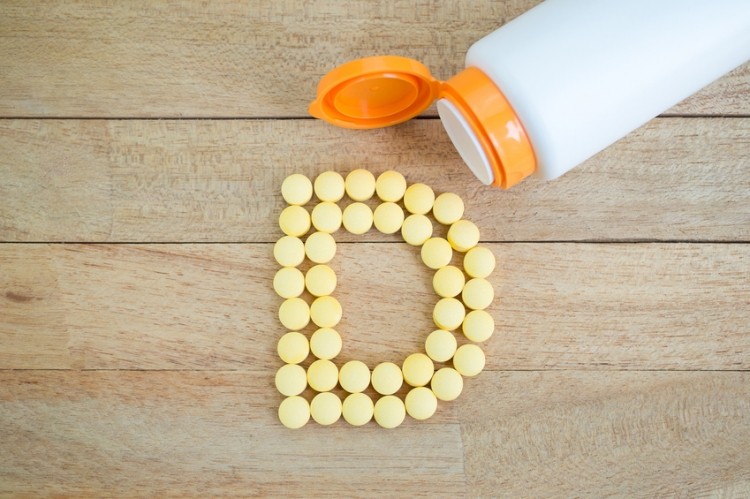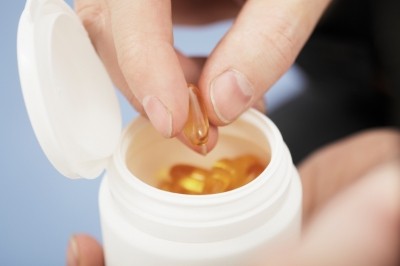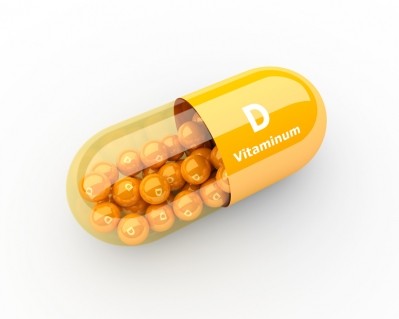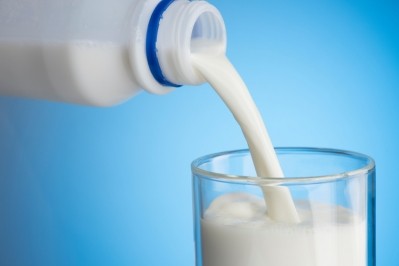UK alters advice on vitamin D

Public Health England’s (PHE) conclusions came in light of a much-anticipated report from the UK the government's Scientific Advisory Committee on Nutrition (SACN).
The 10 μg should come from a combination of sources: sunlight, naturally occurring dietary sources and fortified foods and supplements.
The recommendations mark a break from previous UK government advice, which stated no additional dietary intake of vitamin D was necessary for individuals living a ‘normal lifestyle’.
This latest advice has already seen the country’s National Health Service (NHS) tentatively advise the public that “some people may want to consider taking a supplement”.
For adults this advice is particularly relevant in winter and autumn however children aged one to four years should have a daily 10 μg vitamin D supplement all year round.
As a precaution, babies aged under one should have a daily 8.5-10 μg vitamin D supplement, the NHS wrote.
Babies who have more than 500 ml of infant formula a day do not need to take supplements however because formula is already fortified.
Back in February the British Nutrition Foundation (BNF) said the re-emergence of the Victorian-era condition rickets in the UK had put vitamin D intakes back in the spotlight.
It said the SACN report would likely “stimulate debate” on the need for food fortification in the future on both a mandatory and voluntary basis.
No call for mandatory fortification
Speaking with NutraIngredients this week, senior nutrition scientist at the industry-backed charity Ayela Spiro said: “The report clearly highlights the importance of adequate vitamin D, and highlights that fortified foods make a contribution to vitamin D intake in the population.
“However, the report does not make a recommendation for mandatory food fortification, so manufacturers will continue to make voluntary decisions on fortification with vitamin D.”
Mandatory requirement to fortify margarine were removed in the UK in 2013, yet most fat spreads are still fortified with vitamin D on a voluntary basis as are some breakfast cereals.
On the EU stage
The European Food Safety Authority (EFSA) also published its opinion on vitamin D intakes this month.
It set an adequate intake (AI) level of 15 µg per day from food sources for adults and children to achieve a serum level of 50 nanomoles per litre (nmol / L).
For infants aged seven to 11 months, 10 µg per day was established.
The opinion proved to be somewhat contentious, with a social media campaign bringing in an “avalanche of comments” from individuals advocating higher doses.
Lead NDA panellist for the opinion Dr Inge Mangelsdorf said this showed vitamin D was a “hot topic”.















